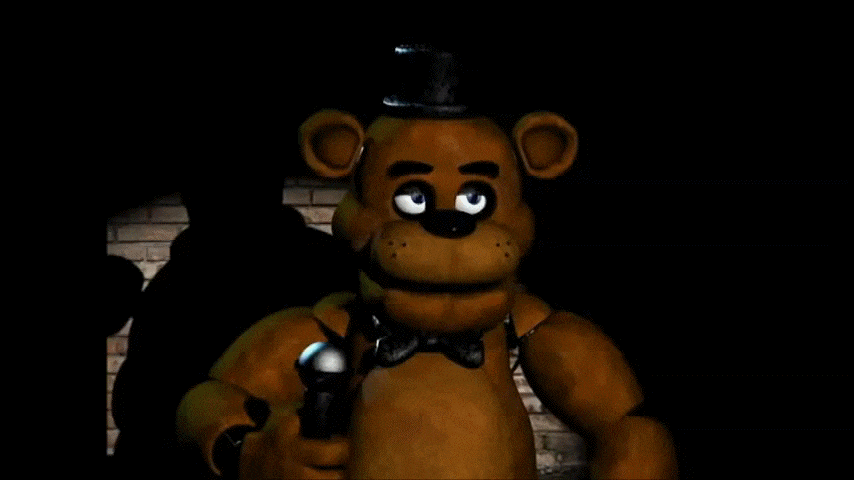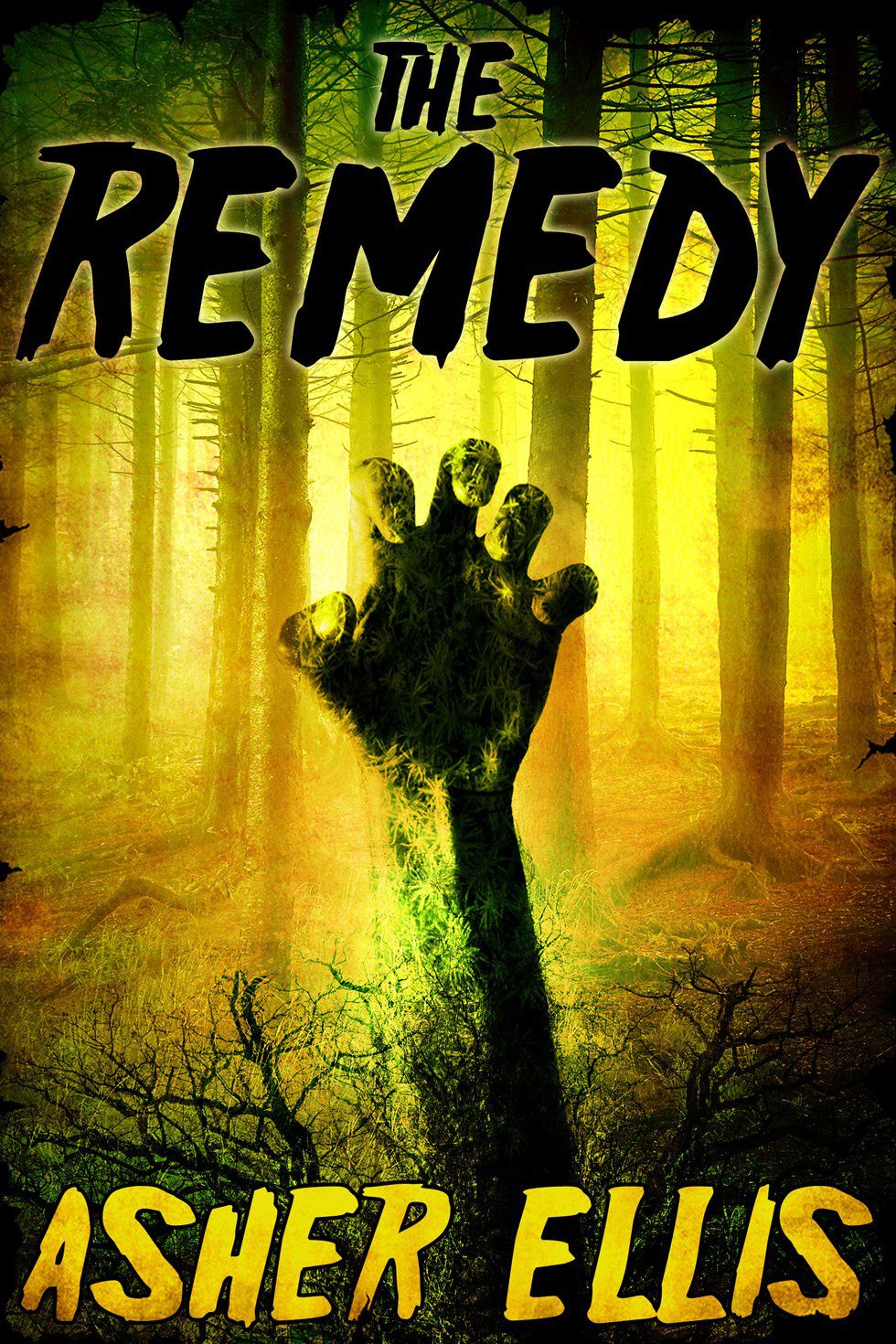A lot has happened since Halloween: the trees are bare, a very interesting election has come to an end, and people have finally woken up from their turkey coma. In that time, I have not only finished my rather large bag of candy, but I got the chance to sit down with Professor Asher Ellis, Instructor of Humanities at Colby-Sawyer College. As I have been friends with Professor Ellis for quite some time, this interview was far from formal.
You used to attend Colby-Sawyer as a student, did you not?
Yes, I am an alumnus of 2006.
And you’ve been teaching here since…?
2012.
What’s your favorite class to teach?
Since starting here, my favorite class to teach would have to be Creative Writing.
Why’s that?
Well, while being a published horror writer, I have always enjoyed teaching Creative Writing because it allows me to bring in published work and show students that creative writing doesn’t have to be this stuffy practice that belongs solely in an academic setting, and also that there aren’t specific things that we’re allowed to write about, while other things are forbidden. In a college setting, this is where we develop our skills and we can do whatever we want with them. Be it, getting published in an academic journal one day, being a creative writing professor, being a pulp-horror writer, who writes about cannibals and all sorts of scary things.
And that’s you?
That would be me.
So you’ve recently published a book?
Yes.
How recently?
It originally came out in April of 2015 as digital-only. Then, in October of 2015, it was also released in a paperback version.
Okay… no spoiler alerts… but what exactly is this book about?
The title is The Remedy, and it follows a college senior who is on a road trip from Montreal back to her college at UVM (University of Vermont). She and her friends, unfortunately for them, encounter, not only a fungal disease that covers one’s body in this moss-like substance, but also discovers the remedy may be worse than the disease. You discover this in the prolog, so I’ll give it away: the cure to this disease, the only way to come back from it, is cannibalism. So there’s your choice: either succumb to this fungal disease or eat human flesh. It gets pretty crazy as the book goes in.
That book is available at the Colby-Sawyer book store, yes? The Stable?
Correct, The Stable keeps a good supply of books on the shelves. The Colby-Sawyer Community has been very supportive. I keep having to bring them more copies. It’s nice to know people want to read about this.
I believe you were starting to talk about this already, but I think one of the main reasons that people are skeptical of a creative writing class is because there are many misconceptions about what it is to actually be a writer. A lot of folks seem to think that one either get published and earns riches or they’ll end up working at McDonalds trying to scrape up enough money for online application fees to submit their writing.
Yeah. I agree, there are many misconceptions about what it is to be a writer. It’s sort of a glorified profession, thanks to media. To be a writer, you probably want to go into it assuming you’re not going to make any money. People do. There are the Steven Kings of the world that get rich off of this. But, for every Steven King, there are a million writers, that are very good writers, that can’t rely on writing as their sole income. But, if that’s why you’re doing it, if your goal is to make money, I suggest you look elsewhere. There are plenty of other, much more lucrative ways to make money. However, if you have a desire to tell a story, if that is your goal, it can be a very fulfilling profession.
This was on my mind the other day and I thought you were the perfect person to ask about it: I feel like horror fiction doesn’t get enough credit. For example, there is no classic piece of horror fiction that is taught in the classrooms unless maybe you count Mary Shelley’s Frankenstein. Do you think that the literary community doesn’t consider horror fiction as an equal to other genres?
People seem to pigeonhole horror in a way that they don’t other genres, which is odd to me. Horror is often called the ugly stepchild of the fictions. Genres like fantasy and science fiction are often held in higher regard. I don’t think the evidence is there. I don’t think those statements stand. I mean, what is Horror Fiction? What is the point? It’s to explore fear. If not scare you, disturb you… it’s supposed to take you out of your comfort zone. I don’t think I even have to explain why that’s important! You can read about or watch anything you want. I’m not the culture police, but I may ask someone to examine why all they would only want to watch is things that they are comfortable with. A good example: when I ask people why they like The Walking Dead, they say, ‘I watch this for the characters and the interactions with people.’ I can only face-palm because that’s what all good horror fiction has always been about. You didn’t just describe The Walking Dead, you described all good horror fiction. The fact that people just make the assumption that it’s always about blood, guts, mutilation, etc. is such a misconception. I often criticize The Walking Dead because I think it can get really bad at sometimes. That being said, I give that show so much credit because that show has helped break that opinion of horror. Consequently, people may approach other works of horror with the mindset that it’s less about the blood and more about people. If you look at my fiction, that’s what I like to write about. Cannibalism and fungal diseases. I write about a monster every once and a while. Do they sneak in there? Oh, absolutely. Because they’re fun and entertaining. However, at the core, what my characters are afraid of is other people.
Your short film Exit 7A is a good example of that because there’s no physical being that you can see. In the end, it’s people.
Yes, actually, that’s a very good example. The ending is open to interpretation. One may assume that there is a supernatural element to it, but it’s not essential to the story. The antagonist in that story is a college-aged girl. There are only two characters really. Just a guy and a girl and the tension between them. Great example though, she’s just a person.
Which is actually pretty funny as college-aged girls tend to be the stereotypical victims of horror, not the antagonists.
Exactly, she’s usually the person getting chased in the field at night by a guy with a chainsaw! I had never thought of that before. Back to the subject of fear, the master of them all, Steven King, has written about this exact subject at length. Horror fiction allows us, as readers, to expose ourselves to fear without actually having to expose ourselves to fear. That’s the great thing about horror fiction. We can examine our fears without any real danger. They also say fear is the oldest emotion. Fear is at the base of all conflict, and conflict is at the base of all great storytelling. So many classic works of literature, stuffy academic literature, include conflict that is truly horrifying. The horror of poverty. The horror of losing one’s child. The fears that we have to face every single day. The villain in a horror story is a just a streamline way of communicating that. Granted, do I think about these things every time I sit down and write a horror piece? No. When I wrote The Remedy, I wanted to creep you out. I wanted twists and turns, a page turner, etc. Those were my conscious goals. Is there anything deep going on in The Remedy? Maybe. I’ve thought about that. If I threw this to students and had them pick it apart and analyze it, what would they find? What would they say that might surprise me?
Interesting idea. I’d be interested in seeing that. You may have already alluded to this, but who is your greatest influence in the horror industry?
Well, Steven King. Which sounds like such a cliché answer, but it’s honestly true. Not only do I him to be a very effective writer, he has this way of telling a story that just sort of sucks you in, and he does it in such a way that you can’t even put your finger on what he’s doing. The other thing I love that he does, which ties into what we were just talking about, is that he has this habit of taking the non-scary, the “normal”, and making it absolutely terrifying. This whole thing about facing your fear, look at The Shining. Maybe not so much the movie, but definitely the book. When people think of that, they think of a scary mansion and supernatural ghosts, axe murders, all that juicy fun horror that we love. However, the core of that story is about an abusive father. It’s about alcoholism. I can see that book being used in a classroom setting because of what it’s actually about.
Interesting. Admittedly, I have only seen the movie. Thank you for your time and thank you for a great interview. One last question, because I am extremely interested. What is your favorite piece of horror fiction?
Perfect question for this time of year. That question, much like ‘who’s your favorite band’ changes throughout your life, depending on where you’re at. That being said, it’s sort of hard to answer. If we’re talking about movies, I would have to say Texas Chainsaw Massacre. Since I just watched it again, I’m pretty confident with that answer. If we’re talking about a book, I would have to say The Ruins, by Scott Smith. If you’re looking for a very scary, creepy read. It was made into a movie in 2007. The movie adaptation actually isn’t bad. It will make you shudder.
Well, thank you very much for taking the time out of your busy schedule to take part in this interview. Thank you for all of this insight. I learned a couple things today.
Of course, I was happy to do it, Dre. Thank you!
To see more of Asher Ellis’ work, visit his website.






















